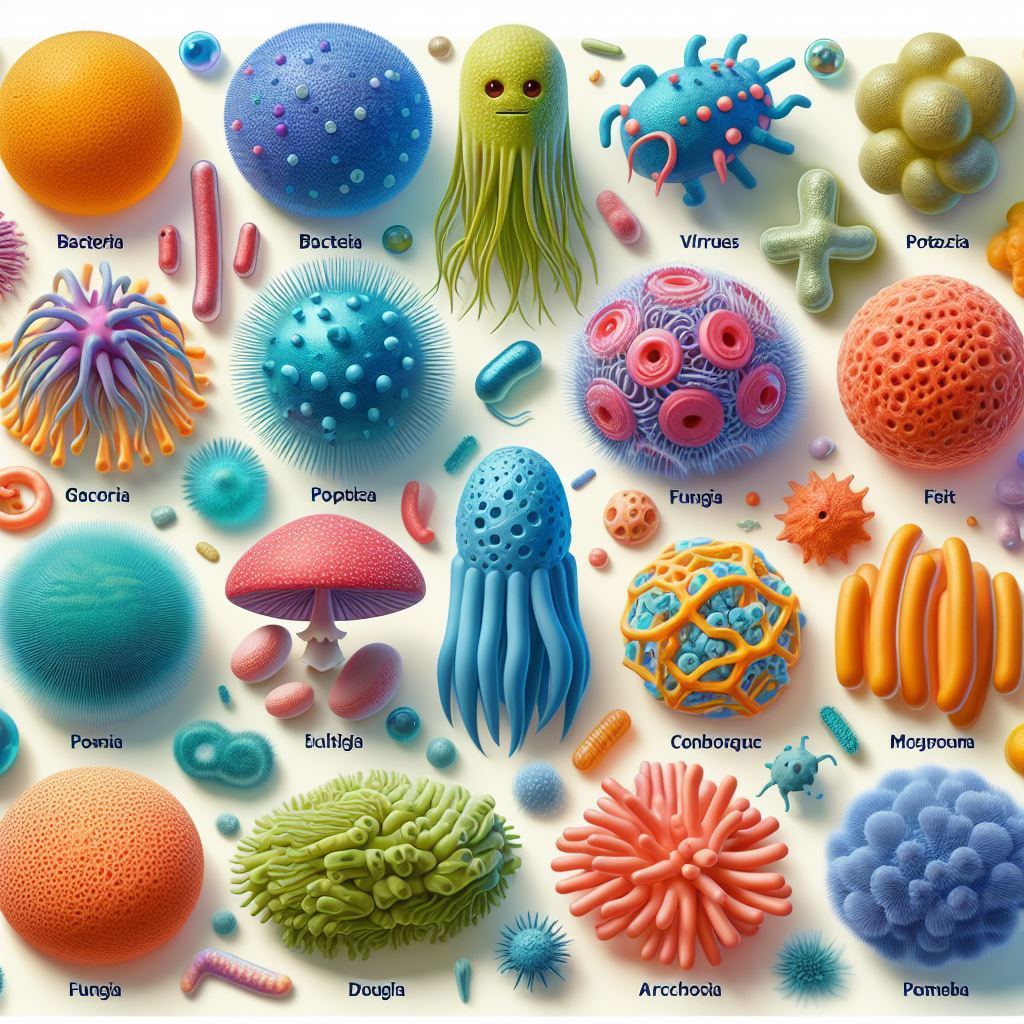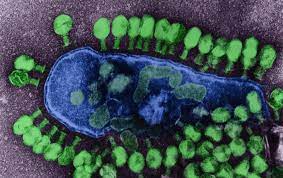Welcome to Uganda Microbial Research Group
Welcome to the Uganda Microbial Research Group, where we’re dedicated to harnessing the power of microbes to address global challenges. Join us on our journey to make a positive impact on the world through innovative research and solutions. Explore our website to learn more about our work and how you can get involved!

A passion for science
Team members profession
Veterinary medicine
Veterinary medicine contributes significantly to microbial research by providing insights into disease mechanisms, transmission dynamics, and host-pathogen interactions among animal populations. Through surveillance of zoonotic diseases, veterinary researchers play a vital role in monitoring infectious diseases that can impact both animal and human health. Adopting a One Health approach, veterinarians recognize the interconnectedness of human, animal, and environmental health, contributing to a holistic understanding of microbial dynamics. Additionally, veterinary medicine contributes to vaccine development, antibiotic resistance surveillance, and environmental microbiology, offering valuable expertise to combat infectious diseases and manage microbial ecosystems across species boundaries.
Laboratory science
Laboratory science plays a crucial role in microbial research by providing the tools and techniques necessary to study microorganisms in controlled environments. In the field of microbiology, laboratories enable researchers to isolate, culture, and characterize various microbes, facilitating the study of their physiology, genetics, and interactions. Laboratory scientists employ a wide range of methods, including microscopy, molecular biology techniques, and biochemical assays, to explore microbial diversity, function, and behavior. By conducting experiments in controlled settings, laboratory scientists contribute to our understanding of microbial pathogenesis, antimicrobial resistance, and environmental microbiology. Their work is essential for developing diagnostic tools, therapeutic interventions, and strategies for microbial control and management, ultimately advancing both scientific knowledge and practical applications in healthcare, agriculture, and environmental protection.
Social science
Social science intersects with microbial research in several ways, particularly in understanding the socio-cultural factors that influence microbial transmission, disease prevention, and public health interventions. Social scientists contribute valuable insights into human behavior, community dynamics, and healthcare practices, which are critical for designing effective strategies to prevent and control infectious diseases. Through qualitative and quantitative research methods, social scientists investigate factors such as healthcare access, vaccine hesitancy, cultural beliefs, and social norms related to hygiene and sanitation. Their research informs public health policies, communication strategies, and community engagement initiatives aimed at promoting behavior change and improving health outcomes. By integrating social science perspectives into microbial research, we can develop more comprehensive and contextually appropriate approaches to addressing infectious diseases and promoting health equity in diverse communities.
Pharmacy
Pharmacy plays an essential role in microbial research by advancing the development of antimicrobial agents, vaccines, and therapeutic strategies to combat infectious diseases. Pharmacists contribute expertise in drug discovery, formulation, and pharmacokinetics to identify and optimize compounds with antimicrobial activity. They collaborate with microbiologists and medicinal chemists to design novel antibiotics, antivirals, and antifungal agents, addressing emerging resistance and expanding treatment options. In addition, pharmacists play a key role in antimicrobial stewardship programs, promoting rational antibiotic use and mitigating the spread of resistant microbes in healthcare settings. They also provide patient education and counseling on antimicrobial therapy, ensuring optimal medication adherence and outcomes. By bridging the gap between microbial science and clinical practice, pharmacy enhances our ability to prevent, diagnose, and treat infectious diseases effectively, ultimately improving patient care and public health.
Clinical medicine
Clinical medicine contributes significantly to microbial research by diagnosing and treating infectious diseases in patients, providing critical insights into disease presentation, epidemiology, and treatment outcomes. Clinicians, including physicians, nurses, and other healthcare professionals, play a central role in identifying infectious pathogens, conducting diagnostic tests, and prescribing appropriate antimicrobial therapies. Through clinical trials and observational studies, clinicians generate data on the efficacy and safety of antimicrobial agents, vaccines, and other interventions, informing evidence-based guidelines for patient care. Moreover, clinical medicine contributes to the surveillance and control of infectious diseases by monitoring disease trends, detecting outbreaks, and implementing infection prevention measures in healthcare settings. By integrating clinical observations with microbiological and epidemiological data, clinical medicine drives advances in microbial research, ultimately improving patient outcomes and public health.
Academia
Academia serves as a cornerstone of microbial research, providing the intellectual and infrastructural support necessary for advancing our understanding of microorganisms and their interactions with living organisms and the environment. In academic institutions, researchers from diverse disciplines, including microbiology, immunology, genetics, and ecology, collaborate to investigate the fundamental principles governing microbial biology and evolution. Through basic and applied research, academia generates new knowledge about microbial diversity, physiology, pathogenesis, and ecology, laying the foundation for innovations in healthcare, agriculture, biotechnology, and environmental science. Academia also plays a vital role in educating the next generation of scientists, training graduate students and postdoctoral researchers in cutting-edge research techniques and critical thinking skills. Additionally, academic institutions foster collaboration with industry, government agencies, and international partners to address global challenges such as infectious diseases, antimicrobial resistance, and environmental degradation. By nurturing a culture of curiosity, creativity, and collaboration, academia catalyzes discoveries that advance human knowledge and improve the well-being of society.
Our mission
Our mission is to harness the power of microbial research to drive sustainable solutions for health, agriculture, and environmental conservation in Uganda and beyond
Our Objectives
- Investigate microbial diversity and dynamics in Ugandan ecosystems.
- Develop novel microbial-based solutions for agriculture and healthcare.
- Combat antimicrobial resistance through surveillance and intervention strategies.
- Engage local communities in promoting microbial-related health and environmental practices.
- Foster interdisciplinary collaborations to address pressing microbial challenges in Uganda.


Microbes dealt with so far
- Bacteria, Bacteriophages and Fungi
“Microbes may be small, but their impact on life is immeasurable, shaping ecosystems, health, and the very fabric of our world.”

Jesca Nakavuma
Professor of microbiology, Chair of the group
Collaborators
- Makerere university
- Kyambogo university
- Clarke university
- Phage directory
- NARO
- The phage
Join 900+ subscribers
Stay in the loop with everything you need to know.